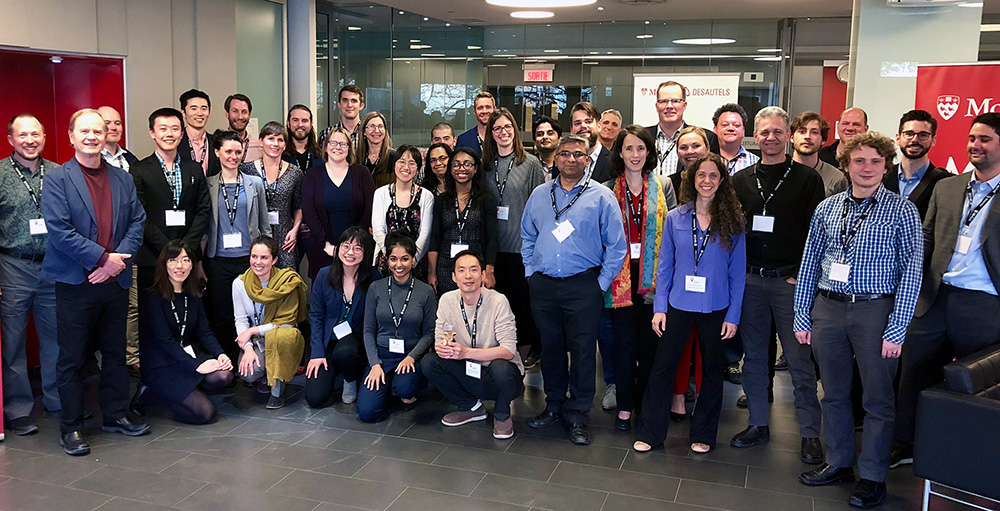My research can be divided into three main streams. Firstly, I study the relationship between distance and important work outcomes, such as creativity, exploratory learning, and interpersonal influence. I use laboratory experiments and studies based on archival data to investigate how working remotely affects cognitive dimensions. Additionally, I explore the use of language as a tool for measuring cognitive processes.
Secondly, I work on reducing aggression against frontline employees, especially in professions such as emergency medicine, where mistreatment from patients and outsiders is a chronic issue. To this end, I collaborate with a research team in Israel to identify practical methods to mitigate aggression through field interventions and laboratory experiments.
Finally, I conduct research on the relationship between cognition and negotiation performance. My aim is to identify practical strategies to improve negotiation skills, which are essential for effective collaboration in the workplace. I collect simulation data and conduct studies using archival data to explore ways to enhance negotiation skills and increase their use in the workplace.
Published Papers
When the Medium Massages Perceptions: Personal (vs. Public) Displays of Information Reduce Crowding Perceptions and Outsider Mistreatment of Frontline Staff
Crowded waiting areas are volatile environments, where seemingly ordinary people often get frustrated and mistreat frontline staff. Given that crowding is an exogenous factor in many industries (e.g., retail, healthcare), we suggest an intervention that can “massage” outsiders’ perceptions of crowding and reduce the mistreatment of frontline staff. We theorize that providing information for outsiders to read while they wait on a personal medium (e.g. a leaflet, a smartphone) reduces their crowding perceptions and mistreatment of frontline staff, compared to providing the same information on a public medium (e.g., poster, wall sign). We report two studies that confirm our theory: a field experiment in Emergency Departments (n= 939) and an online experiment simulating a coffee shop (n= 246). Theoretical and managerial implications are discussed.
Reyt, J.N., Treister, D., Altman, D., Rafaeli, A. (2021), The Medium Massages Perceptions: Personal (vs. Public) displays of information reduce crowding perceptions and outsider mistreatment of frontline staff, Accepted for publication by Journal of Occupational Health Psychology
Construal Level Theory in Organizational Research
Construal level theory (CLT) offers a rich and rigorous conceptual model of how the context shapes mental representations and subsequent outcomes. The theory has generated new understanding of cognitions and behaviors such as prediction, evaluation, and decision making in the fields of psychology and consumer behavior. Recently, management and organizational scholars have begun to leverage CLT to derive novel insights regarding organizational phenomena. This article describes CLT and its theoretical underpinnings, provides a focused and integrated review of organizational research incorporating CLT, and offers an agenda for future work in which CLT opens the door to new avenues of inquiry in organizational research and reinvigorates scholarly interest in cognition in organizations.
Wiesenfeld, B. M., Reyt, J. N., Brockner, J., & Trope, Y. (2017). Construal level theory in organizational research. Annual Review of Organizational Psychology and Organizational Behavior, 4, 367-400.
Big Picture Is Better: The Social Implications of Construal Level for Advice Taking
Advice taking is of growing interest to organizational scholars because it is a critical pathway for knowledge transfer and learning. Based on construal level theory, we hypothesize that high construal advisors are viewed as experts and, in turn, others are more likely to take their advice. In a field study of an online community of programmers and a laboratory experiment measuring psychological mechanisms, we find that signaling higher construal by communicating more abstractly is positively associated with expert reputation, which in turn explains others’ advice-taking behavior. Implications for research on the social consequences of construal level and novel antecedents of perceived expertise and advice taking are discussed.
Reyt, J. N., Wiesenfeld, B. M., & Trope, Y. (2016). Big picture is better: The social implications of construal level for advice taking. Organizational Behavior and Human Decision Processes, 135, 22-31.
Seeing the Forest for the Trees: Exploratory Learning, Mobile Technology, and Knowledge Workers’ Role Integration Behaviors
Role integration is the new workplace reality for many employees. The prevalence of mobile technologies (e.g., laptops, smartphones, tablets) that are increasingly wearable and nearly always “on” makes it difficult to keep role boundaries separate and distinct. We draw upon boundary theory and construal level theory to hypothesize that role integration behaviors shift people from thinking concretely to thinking more abstractly about their work. The results of an archival study of Enron executives’ emails, two experiments, and a multi-wave field study of knowledge workers provide evidence of positive associations between role integration behaviors, higher construal level, and more exploratory learning activities.
Reyt, J. N., & Wiesenfeld, B. M. (2015). Seeing the forest for the trees: Exploratory learning, mobile technology, and knowledge workers’ role integration behaviors. Academy of Management Journal, 58(3), 739-762.
Work In Progress
- Reyt, J.N., Rothman, N. Abstract language and engagement with ideas
- Reyt, J.N., Top executives’ abstraction level and analyst bias
- Reyt, J.N., Rubineau, B., Wiesenfeld, B. M., Abstraction and candidate evaluation
- Reyt, J.N., Dey, S., Construal level and social network activation.
